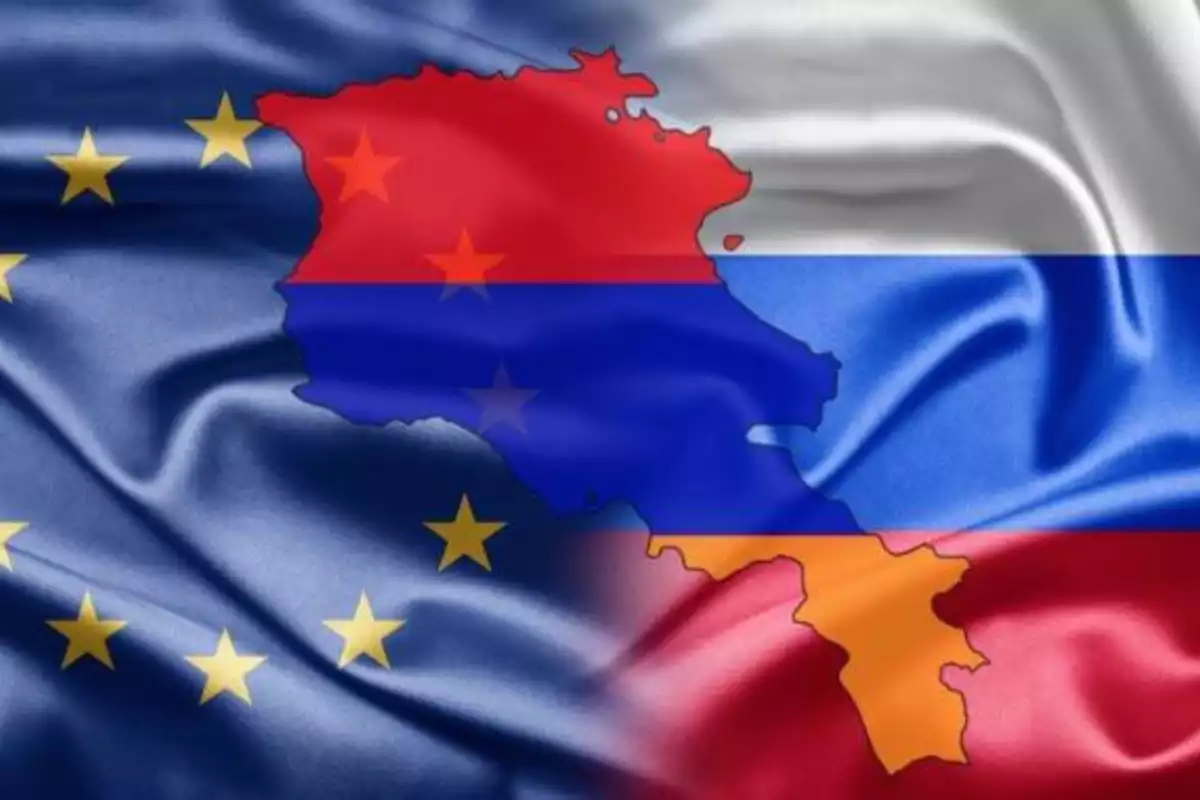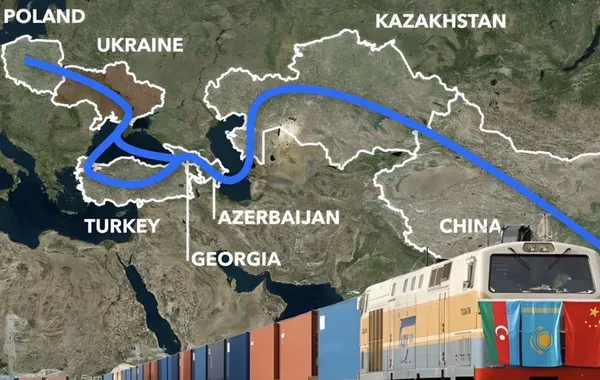
Photo: Shutterstock
By Tural Heybatov
With no real path to NATO or the EU, Yerevan is quietly returning to Moscow’s orbit - not by choice, but by necessity. By attempting to balance between East and West, Armenia has found itself falling between the cracks. Now, as geopolitical tectonic plates shift once more, Yerevan is quietly retreating to the familiar orbit of Moscow-because it simply has no other viable choice.
For years, Armenian officials have flirted with the idea of realignment toward the West. The 2020 Nagorno-Karabakh war and Russia’s passive response to it were perceived by many in Yerevan as a betrayal. For a nation that had grown used to Russian patronage-and had long served Moscow’s interests in the Caucasus-this silence was deafening. Armenia’s leadership, disillusioned with the Kremlin, began shopping for new partners. The war in Ukraine and the subsequent weakening of Russia only accelerated this drift. EU integration was openly discussed. A strategic partnership declaration was signed with the U.S. Democratic administration. Yerevan spoke confidently about joining the European family.
But the geopolitical stars failed to align.
The West, distracted and divided, offered words, not guarantees. With the Democrats’ tenure in Washington nearing its end, Armenia’s Western bet began to look increasingly risky. European capitals-facing their own political and economic crises-showed little appetite for embracing Armenia in any meaningful way. The country’s dreams of visa-free EU travel and NATO cooperation proved to be illusions. And illusions, no matter how skillfully crafted, eventually collapse.
Now, reality is reasserting itself.
Armenian Parliament Speaker Alen Simonyan may deny any shift in Yerevan’s foreign policy vector, but facts on the ground say otherwise. The sudden increase in diplomatic contacts with Russia, the congratulatory phone call from Foreign Minister Ararat Mirzoyan to Sergey Lavrov-a gesture unthinkable just months ago-and Armenia’s surprising interest in observer status in BRICS all point to one conclusion: the West has disappointed, and Moscow, for all its flaws, remains indispensable.
Most tellingly, Prime Minister Nikol Pashinyan has reportedly instructed state institutions to rebuild ties with Russian counterparts and participate in joint events. Even more symbolic is his confirmed participation in the upcoming Victory Day Parade in Moscow-an event he had distanced himself from in recent years. The optics are clear: Armenia is back in Russia’s embrace, or at least inching toward it.
This doesn’t mean that Armenia has completely abandoned its Western aspirations. On the contrary, its parliament has simultaneously approved a bill to begin the process of EU accession. But this dual-track diplomacy-trying to “sit on two chairs,” as Russian Deputy Prime Minister Alexei Overchuk bluntly put it-is no longer sustainable. The global order is hardening into rival blocs, and middle-ground strategies are rapidly losing credibility.
Armenia is learning this the hard way. Its brief economic boom-fueled by re-exports of sanctioned goods and an influx of Russian IT specialists-has begun to wane. The anticipated long-term benefits of the Russia-Ukraine war are evaporating, especially as Donald Trump’s return to the political spotlight signals a potential shift in Western sanctions policy. If sanctions on Russia are lifted, Armenia could find itself economically stranded, without the Western safety net it hoped for and without the full privileges of Eastern integration.
This strategic whiplash has had one unexpected consequence: a more pragmatic approach to peace with Azerbaijan. With Paris and Washington offering little more than symbolic gestures, Yerevan has shown a renewed willingness to accept Baku’s proposals on unresolved points of a peace agreement. This recalibration is not ideological-it’s survivalist.
Armenia’s return to Russia is not a sign of enthusiasm. It’s a reflection of necessity. Left without strong Western backing, and with no clear path to EU or NATO membership, Armenia is once again seeking shelter under the only power willing to offer it-however begrudgingly. For a small, vulnerable country caught between great powers, the room for independent maneuver has always been limited. In today’s world, it’s shrinking even further.
Ultimately, Armenia’s story is not just about one nation’s foreign policy. It’s a case study in the limits of small-state agency amid the return of great-power rivalry. In the new global order, idealism must yield to realism. And for Armenia, that means turning back toward Moscow-not out of loyalty, but because the alternative no longer exists.
Share on social media
